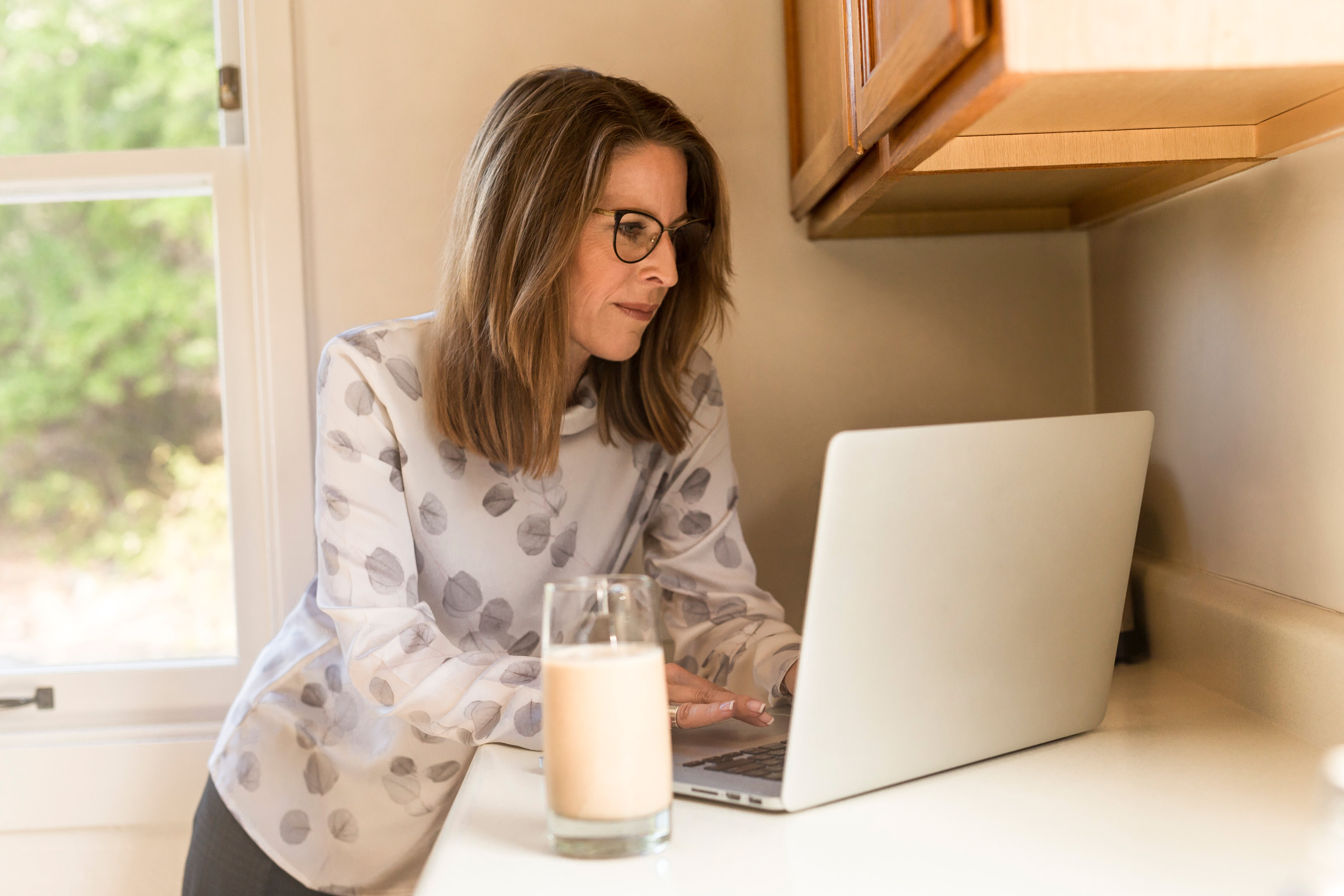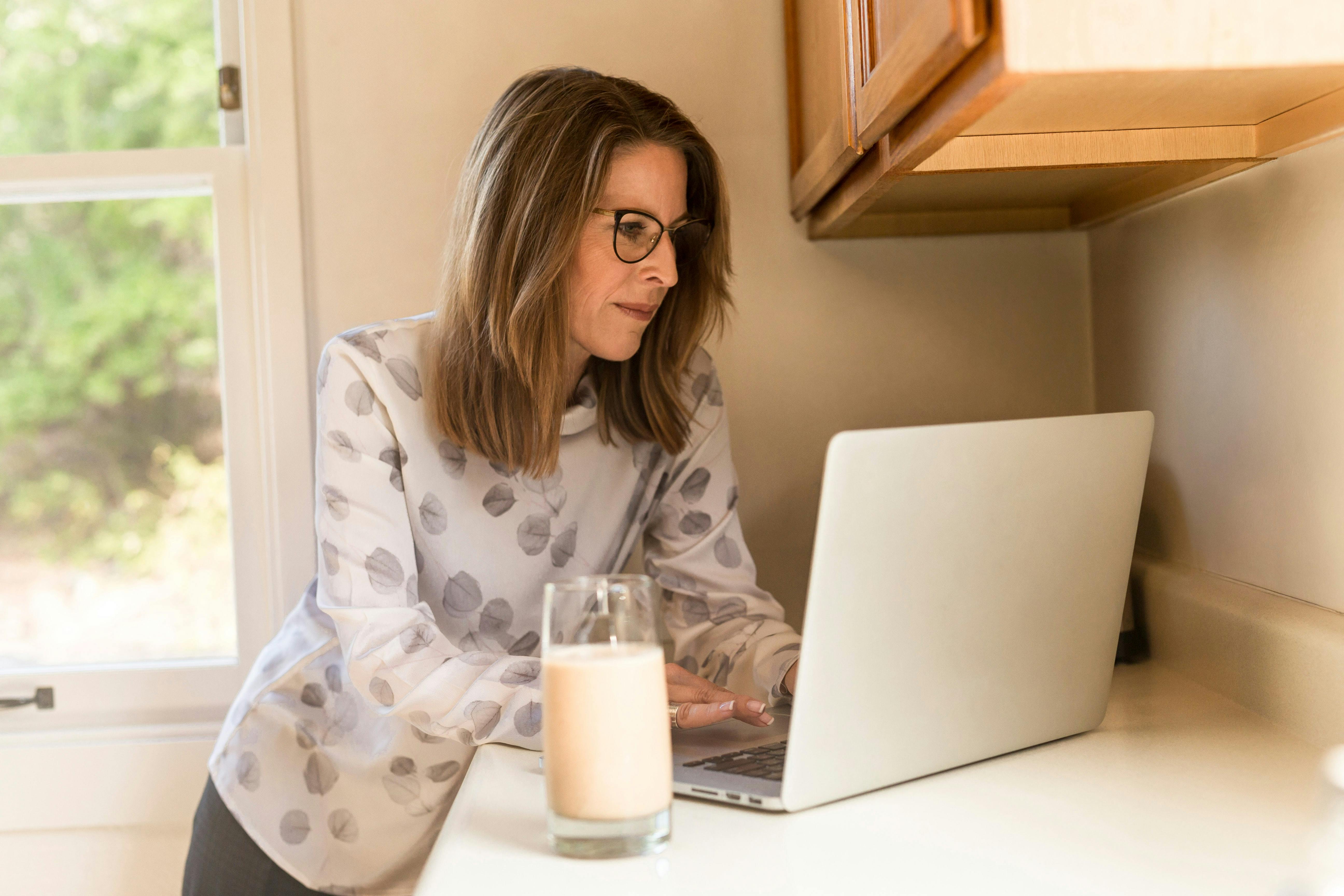
How to manage employees’ mental wellbeing during the COVID-19 pandemic

In the wake of the COVID-19 outbreak, ensuring that your employees stay mentally healthy is now a top priority. Nobody will have experienced a crisis on this scale before, and for some team members, the pandemic may have severely affected their family or close friends.
With the majority of staff now working from home, it's important to consider how working remotely can impact an employee's mental health. Here, we have some advice for managers and leaders to help you offer the right support for your teams during this time.

Risks involved in working remotely
A sense of belonging is integral to being human. Social distancing measures have severely limited our ability to connect with others.
In modern life, we form many different tribes. Our families, sports teams, book clubs - these are all groups we can belong to. They help us connect to something greater than ourselves.
Our work teams are also a kind of tribe. Although there are ways to remain socially connected with colleagues online, working remotely undoubtedly makes this harder.
In research conducted by Buffer in 2019 on the state of remote work, participants noted that their biggest struggle is with maintaining wellbeing. 22 percent found it challenging to switch off after work, 19 percent feel isolated, and eight percent can’t stay motivated.
There is a risk that employees working outside the office can become socially isolated. Ideally, companies would carefully design their remote work programs. Under the current circumstances, we don’t have the luxury of time to plan in this way, but there are steps we can take to improve the experience for employees.
Social isolation is also proven to have adverse effects on both mental and physical well being, although why this happens is not yet fully understood.
Tips for employees mental wellbeing
In light of the impact working remotely could have on employees, I have put together some tips on managing mental wellbeing.
1. Accept that there will be a period of adjustment
Getting used to the new social distancing measures in place across the world will be challenging. There will be a period of adjustment for everybody. The uncertainty around how long the rules will need to be in place adds another layer of difficulty.
All we can do is accept this new situation as best we can, and work with what we have.
Accept that your colleagues will take time to get used to it. They might also know people who have been severely affected.
2. Stay connected
Even if you are busy, staying connected socially is essential. When you are in the same space in the office environment, informal conversation and socialising happen incidentally. Working online is different. Most interaction is organized, and often formal.
While this saves time to focus on work, we do lose something if we don’t allow some time for chats about the weekend or life in general. These kinds of conversations are important for team morale, and mental health.
3. Set boundaries between work and home
Now that we are all spending the majority of the day at home, we need to set clear boundaries between work and downtime. Having a designated space can help with this, and if possible, only use this space for work.
When you have finished for the day, leave the room or space, and don’t return to it until you start to work the next day. This approach might take some discipline to begin with, but it can help with switching off from the workday.
4. Work with your personality
Some people will find it more difficult than others to adjust to social isolation. People need varying levels of social interaction.
Extroverted team members will find the adjustment to working alone the most challenging. They thrive on being around other people and may find it difficult to motivate themselves in isolation.
Perhaps check in with more extroverted team members more often, and do your best to look after each other.
5. Keep things in perspective
It is all too easy at the moment to become overly focused on the negative. Our built-in negativity bias helps us to stay safe from danger, but it can lead to anxiety and depression when left unmonitored.
Being overly positive and ignoring the danger isn’t helpful, but try to keep negative thoughts in check and detach from them.
Limiting the amount of time you spend consuming the news is an effective way to do this. Some news is crucial, but there is a lot of it out there, so focus on the snippets of information you need from reputable sources. This will help to keep things in perspective and maintain a more balanced mindset.
6. Check in with yourself
We are currently experiencing a significant challenge as a global community. Now, more than ever, we need to check in with our thoughts and feelings and do our best to manage them.
For you, this might mean going for a walk to reflect, listening to music, meditating, or journaling. Whatever it is that you do to stay mentally healthy, take the time to do it, and take care of yourself.
Checking in is particularly important if you suffer from mild to moderate anxiety or depression, or if you have in the past. For more support, the Australian not-for-profit Beyond Blue offers advice and services to those needing additional support with their mental health.
Sophia is a freelance writer who specialises in thought leadership, opinion pieces and content creation for learning publications. Her work focuses on the latest research in learning theory and practice. She regularly contributes articles on workplace learning and personal development to the Go1 blog. You can connect with her on LinkedIn.
For more insights, be sure to subscribe to the Go1 newsletter to stay on top of all the latest L&D trends. Or, you can book a demo today to find out how Go1 can help with your team’s learning needs.




